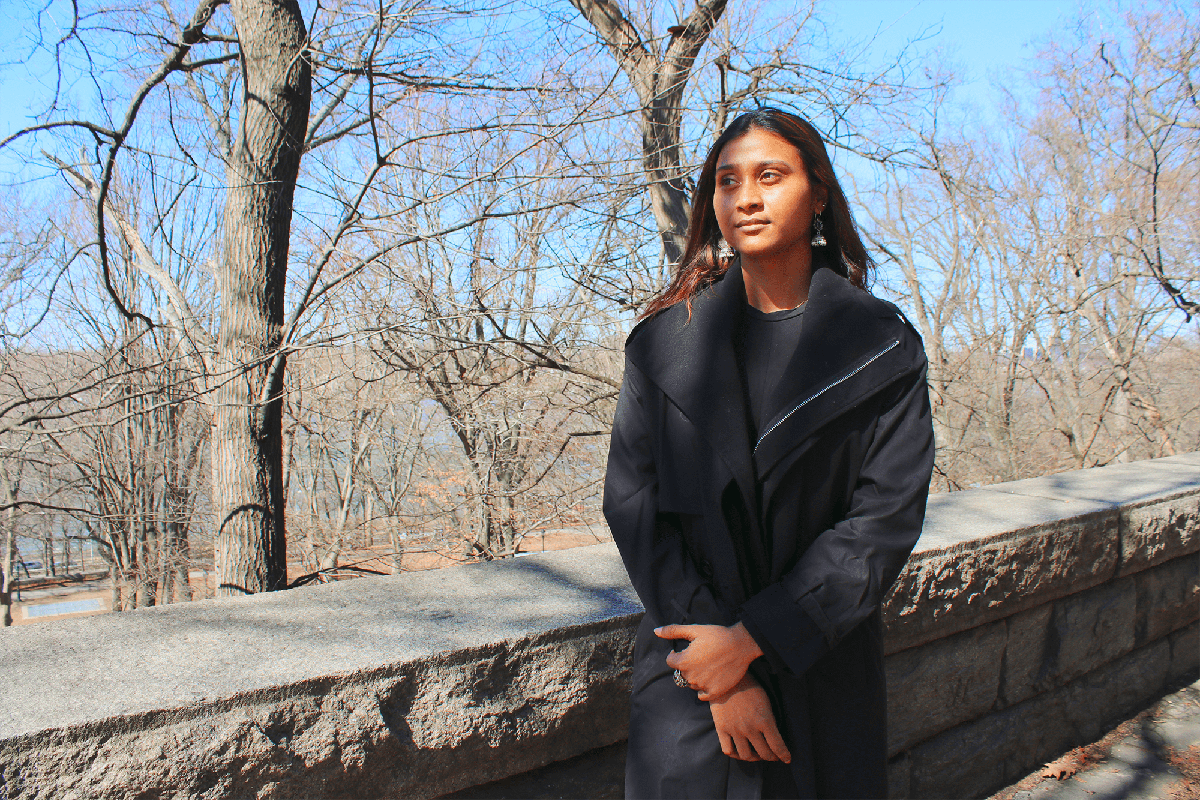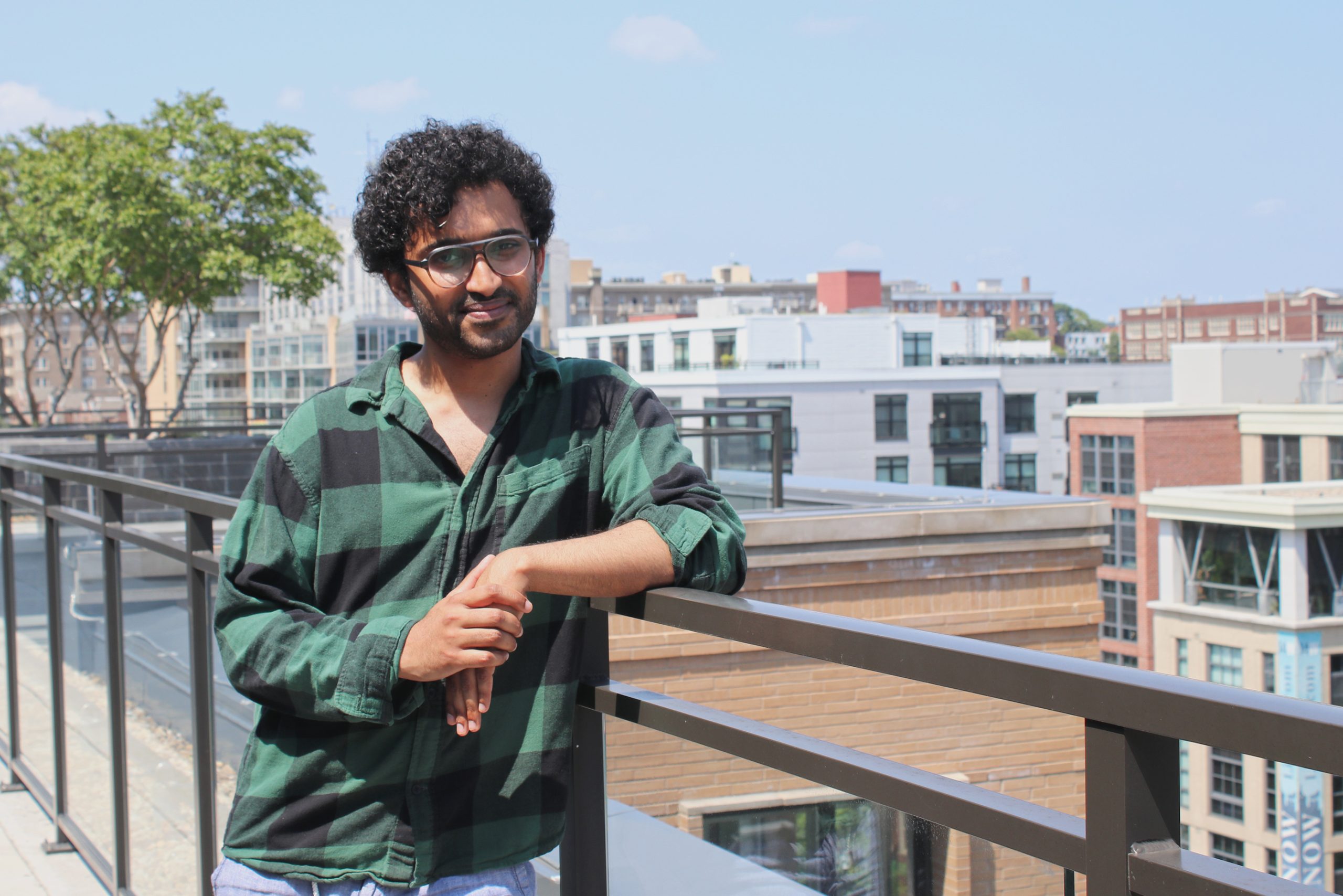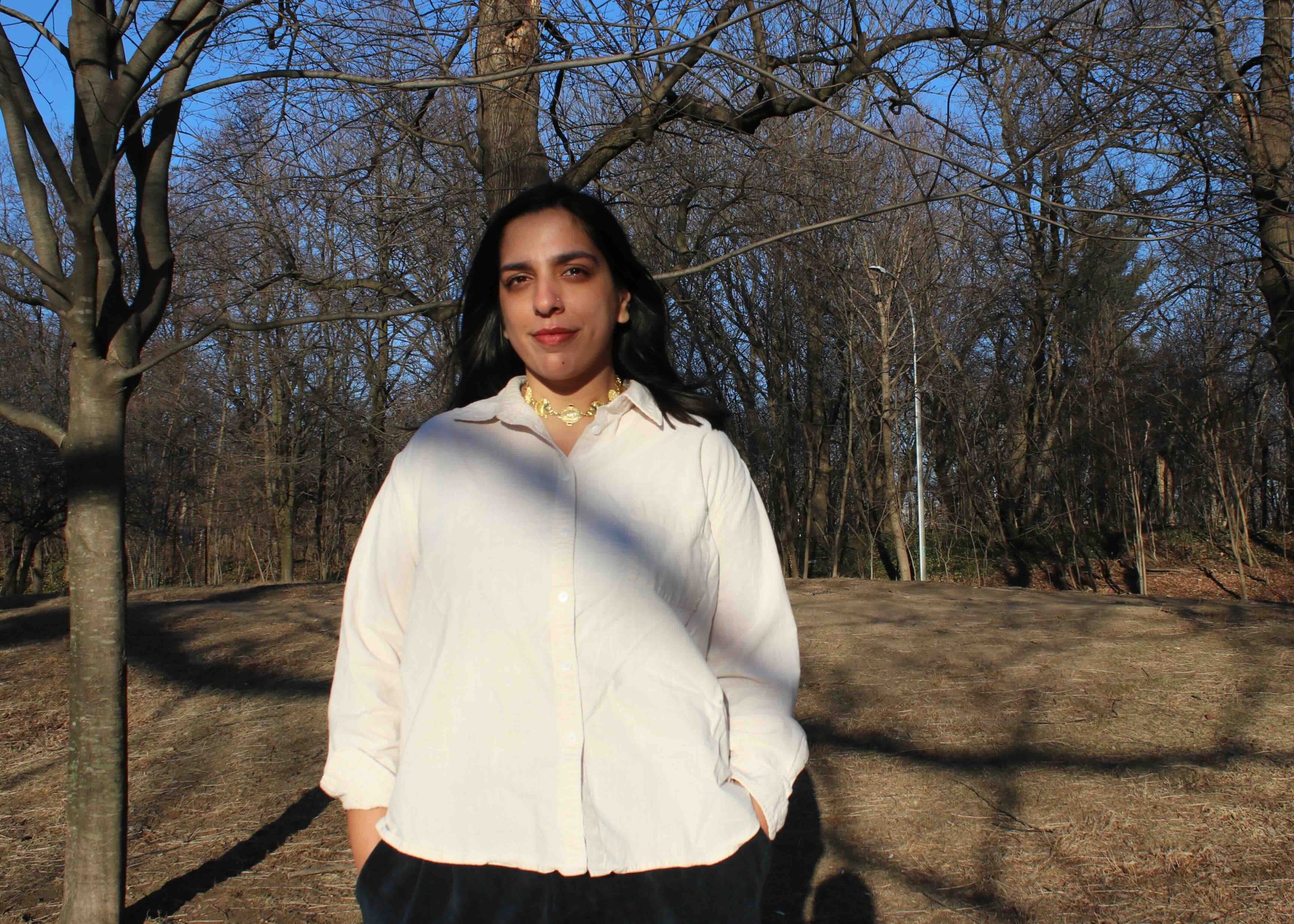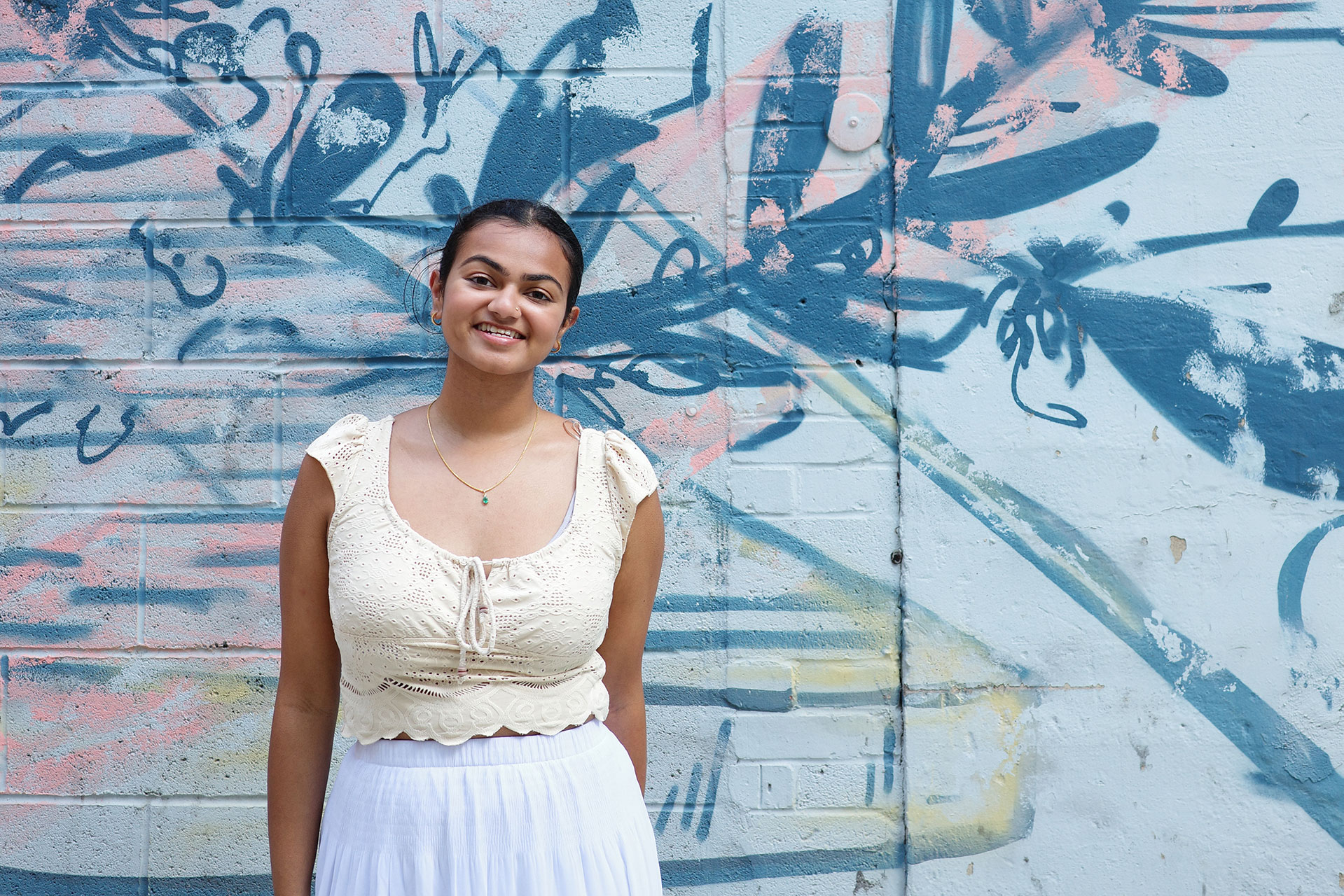I grew up in Birati, on the outskirts of Calcutta, West Bengal. It wasn’t the ‘proper’ Calcutta that Calcuttans talk about. We used to ride to school in these wooden-plank rickshaw vans, just slabs of wood on wheels, nothing fancy. Most of the kids in my school were Muslim, but I never registered that at the time. Nobody cared. I just thought of them as people.
I remember Suraiyya and Sumaiya. They shared nothing but the rhythm of their names. We’d go over to each other’s houses during Eid, eat biryani, and joke around. Their moms made the most unforgettable food. Going to our friends on Eid wasn’t just about food. It was more about sharing, friendship, and extending it beyond the classroom.
That kind of unawareness feels like a privilege now. I didn’t even know my own caste until I was seventeen. I had to call my mom from Nepal to ask. Religion, caste, last names, they just weren’t a part of how I saw the world.
Then I met my now-ex-boyfriend, who is a Kashmiri Muslim. We connected during the COVID19 pandemic. We started talking. But we didn’t speak about Kashmir or religion until well into the relationship. It just didn’t come up. Not until we moved to Jaipur, Rajasthan.
That year was the hardest of our lives. He’s Muslim and visibly Kashmiri. And in Jaipur, that meant something dangerous. Uber drivers would cancel his rides. Hotel staff would insist on seeing his ID even when they didn’t need to. I’d always hand over mine first, hoping they wouldn’t ask. But they always did. We weren’t just a couple. We were very visibly an interfaith couple and the reminders came every day.
But things got harder when I started writing publicly. One of my stories on Islamophobia in the fashion world went viral, and the trolling was vicious. People threatened me. One of them even knew where we lived. That was the first time he told me: “be careful. Not just for yourself, but for us.” I deleted our photos from Instagram. It felt like I had to erase proof of us, just to stay safe.
When I first told my parents about him, my mom just said, emphatically and repeatedly, “no”. Growing up, I was told I could marry whoever I wanted, that Bengali women are free. But there was always an invisible postscript: except a Muslim.
I worked as a journalist in Kashmir for almost a year, and I’d never felt more fulfilled. I learned how to build trust as a journalist, especially with people who had every reason not to trust me. My Kashmiri colleagues would go out of their way to share sources, to help me understand the context, the nuance, the stakes. That generosity shaped my entire career. Locals would drive me around while I did interviews. One time, I asked if I should pay him. He said: ‘Of course not. I’m just helping you do your journalism.’ That kind of solidarity, you never forget about Kashmir.
We live in a time where being an interfaith couple is easier for me in Kashmir than it is for Usman anywhere else in India. That says so much.
Back home in Calcutta, Muslims are falsely labelled as ‘those Muslims from Bangladesh.’ There are conspiracy theories like ‘they’re taking over.’ They’re taking land, they have the biggest businesses. And it’s increasing in Calcutta, which is heartbreaking for me to see.
Religion should be a personal affair. It shouldn’t shape laws or determine safety. Just something you hold quietly. We need to have more active conversations and try to understand again and again where things went wrong.




